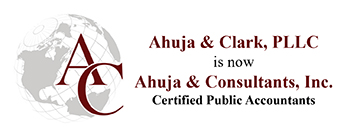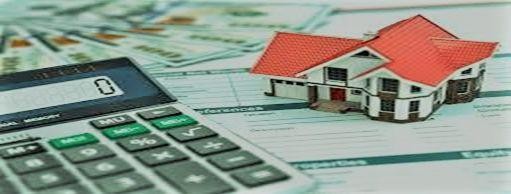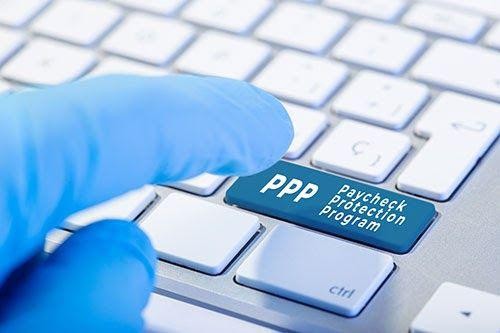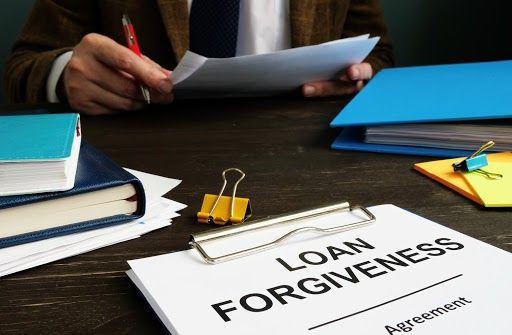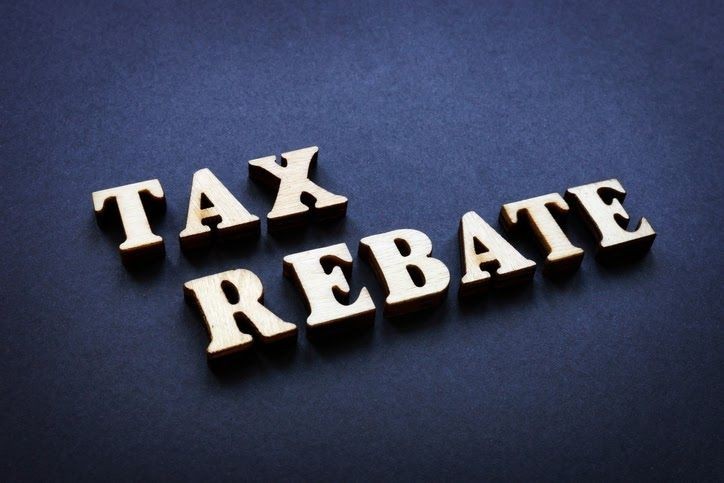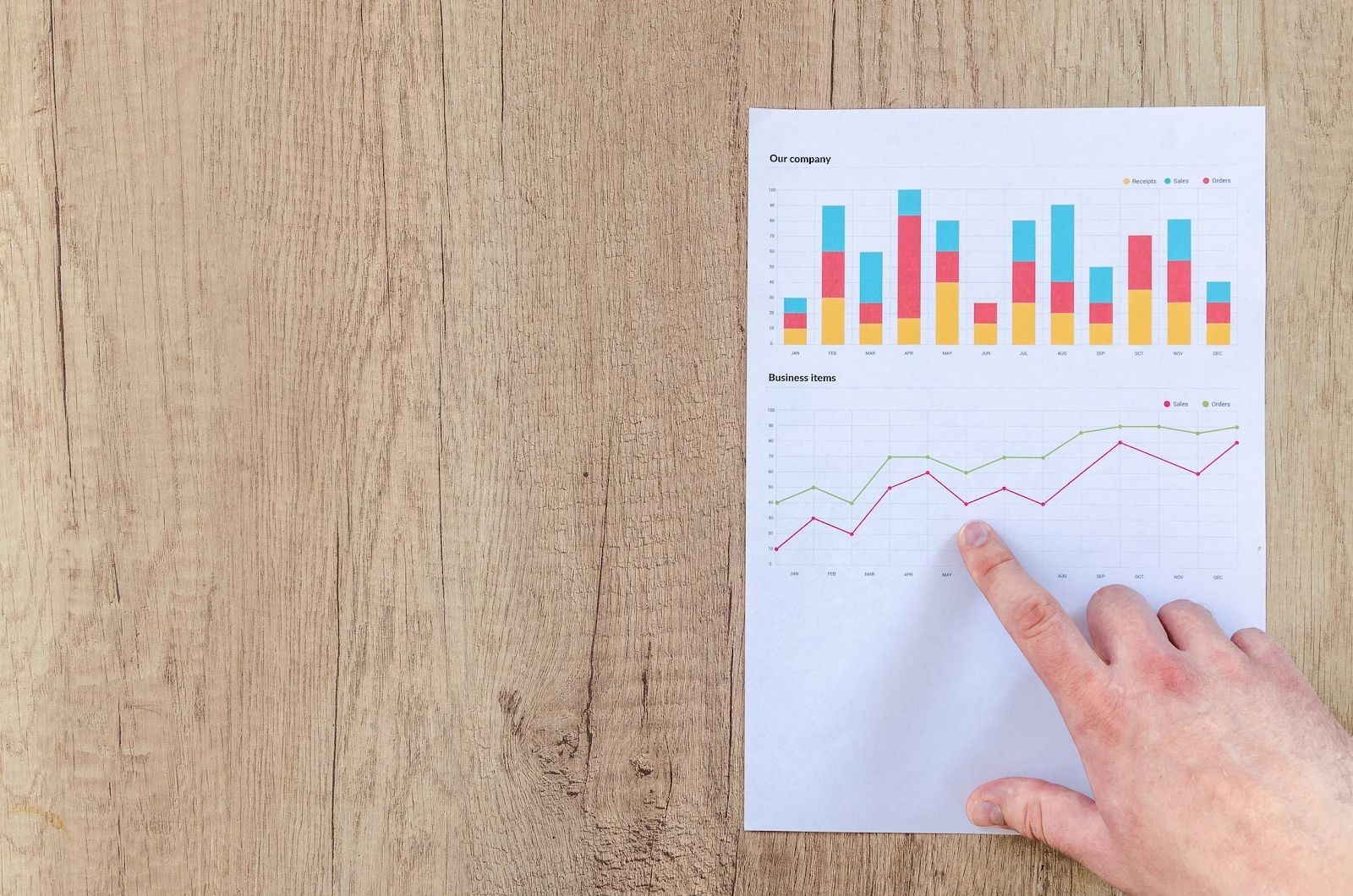Depreciation on Leasehold Improvement
The purpose of this article is to discuss the definition of leasehold improvements, qualified improvements and the depreciation method for tax purposes. Leasehold improvements are major improvements or enhancements done by a tenant to make the leased property fit for his use. The examples of improvements can be: Installing furniture and fixture; Carpeting or tiling [...]
